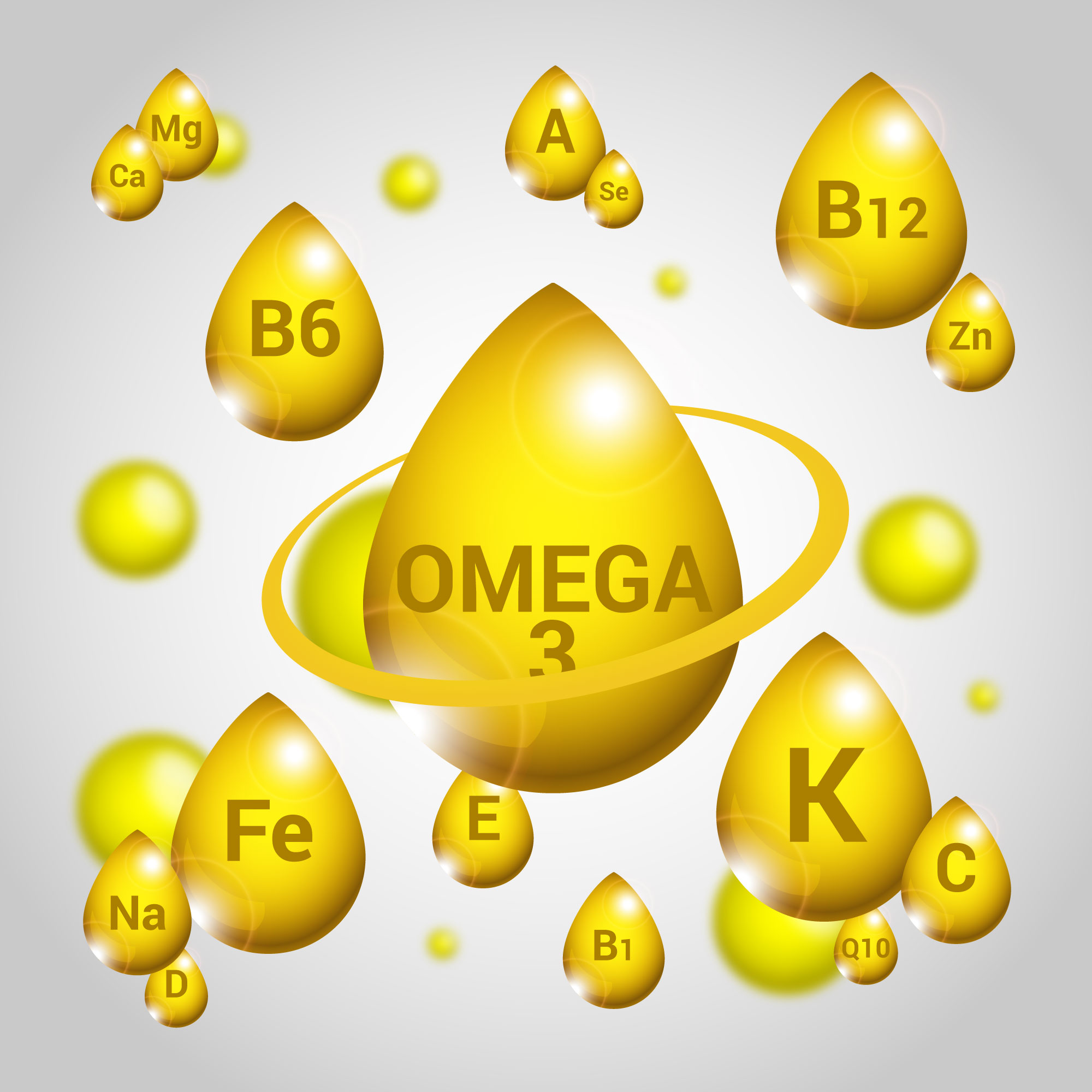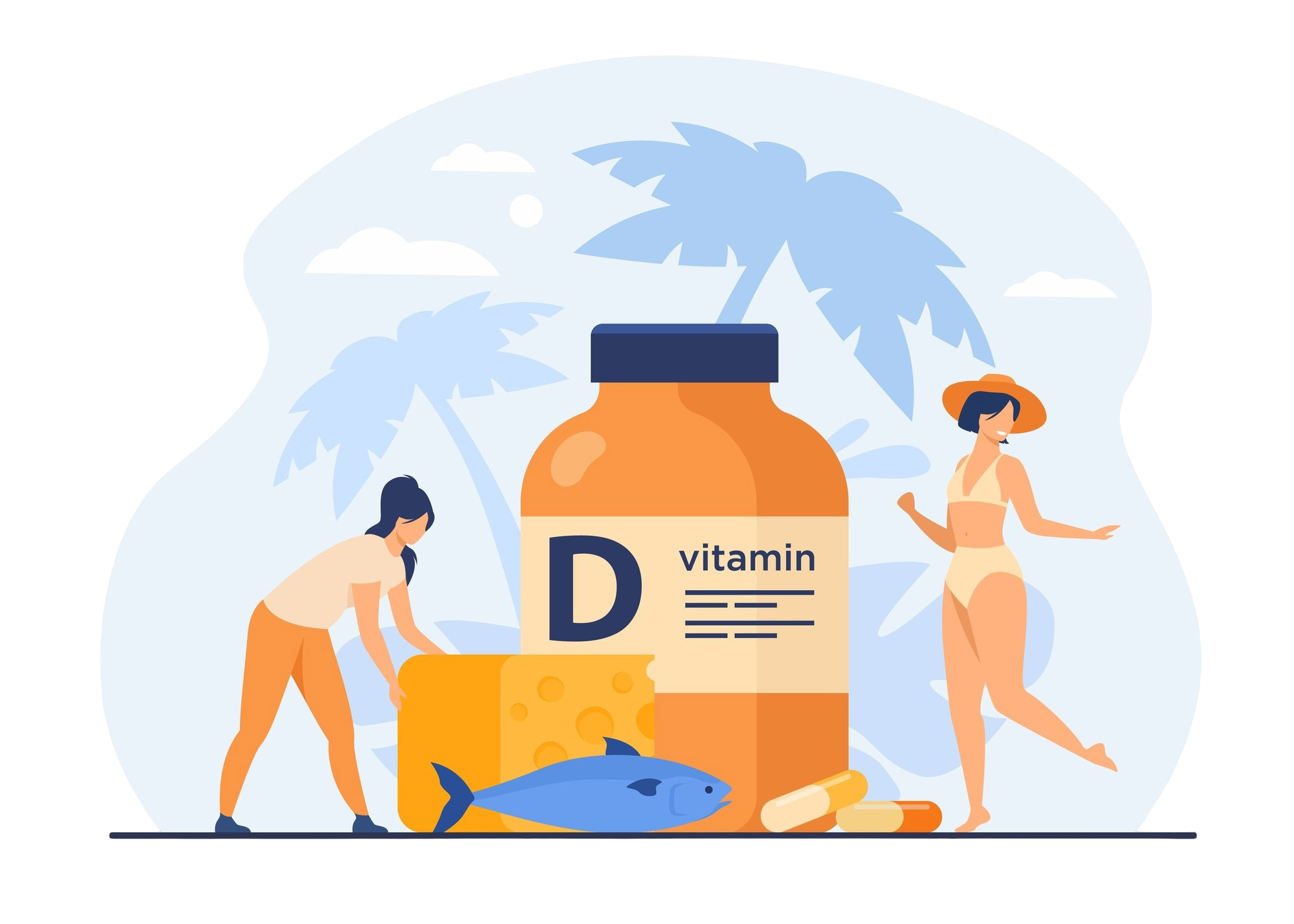
Vitamin D Toxicity: Causes, Symptoms, And Risks You Should Be Aware Of
Vitamin D, often called the “sunshine vitamin,” is essential for maintaining healthy bones, teeth, and immune function. While it is crucial to get adequate amounts of vitamin D for overall health, too much of it can lead to a rare but serious condition known as vitamin D toxicity, or hypervitaminosis D. We spoke to Dr Geeta Shroff, Director, NuBella Centre for Women’s Health, New Delhi to understand about Vitamin D toxicity, causes, symptoms, and associated risks.
What Is Vitamin D Toxicity?
Dr Geeta said, “Vitamin D toxicity occurs when levels of the vitamin in the bloodstream become dangerously high, leading to a condition called hypercalcemia. Hypercalcemia refers to an elevated level of calcium in the blood, which can cause a range of symptoms and, if untreated, may damage the kidneys, bones, and heart.”
She highlighted that this condition is typically associated with excessive supplementation. Normal dietary intake and sun exposure are highly unlikely to cause toxicity, as the body regulates vitamin D production through the skin.

Who Is At Risk?
According to Dr Geeta, here are the individuals who are at risk:
- Individuals taking high-dose vitamin D supplements without medical supervision.
- People with underlying health conditions like sarcoidosis or tuberculosis, can increase sensitivity to vitamin D.
- Infants and young children, whose smaller bodies are more susceptible to imbalances.
Signs And Symptoms Of Vitamin D Toxicity
Geeta said symptoms of vitamin D toxicity can vary based on the severity of hypercalcemia and how long it has been present. Common symptoms include:
Nausea, Vomiting, And Loss of Appetite
Excess calcium in the blood can irritate the digestive system, leading to nausea and a reduced desire to eat.
Frequent Urination And Dehydration
High calcium levels can interfere with the kidneys’ ability to concentrate urine, causing excessive urination and subsequent dehydration.
Muscle Weakness And Fatigue
Abnormal calcium levels can disrupt muscle function, leading to generalized weakness and exhaustion.

Confusion, Irritability, And Mood Changes
Neurological symptoms, including confusion, irritability, and even depression, may occur due to the effects of hypercalcemia on the nervous system.
Kidney Damage And Stones
Prolonged high calcium levels can cause kidney stones or damage, leading to symptoms like severe flank pain and blood in the urine.
Don't Miss: 6 Must-Have Vitamin D3 Foods To Add To Your Diet
How Is Vitamin D Toxicity Diagnosed?
According to Geeta, Vitamin D toxicity is diagnosed through blood tests that measure serum calcium levels and 25-hydroxyvitamin D levels (the active form of vitamin D). Additionally, doctors may also perform kidney function tests to assess potential damage.
Treatment For Vitamin D Toxicity
According to Geeta, the primary goal of treatment is to lower calcium levels in the blood. This may involve:
- The first step is to discontinue all vitamin D intake.
- Intravenous fluids can help flush excess calcium from the body.
- In severe cases, corticosteroids or bisphosphonates may be prescribed to reduce calcium levels.
- If kidney damage has occurred, further interventions may be necessary.

Preventing Vitamin D Toxicity
Dr Geeta recommends a few measures to prevent Vitamin D toxicity:
- Always check with a healthcare provider to determine whether you need supplements and the appropriate dosage.
- Stick to recommended daily intake levels unless advised otherwise by a doctor. Adults generally need 600–800 IU per day, and anything above 4,000 IU is considered excessive.
- If you’re taking supplements, periodic blood tests can help ensure your vitamin D levels remain within a healthy range.
Don't Miss: Winter Health Hacks: What The Experts Say About Staying Fit And Well
While vitamin D is essential for health, it’s important to remember that moderation is key. Excessive intake can have harmful effects, especially if taken without proper medical guidance.
Image Courtesy: Freepik